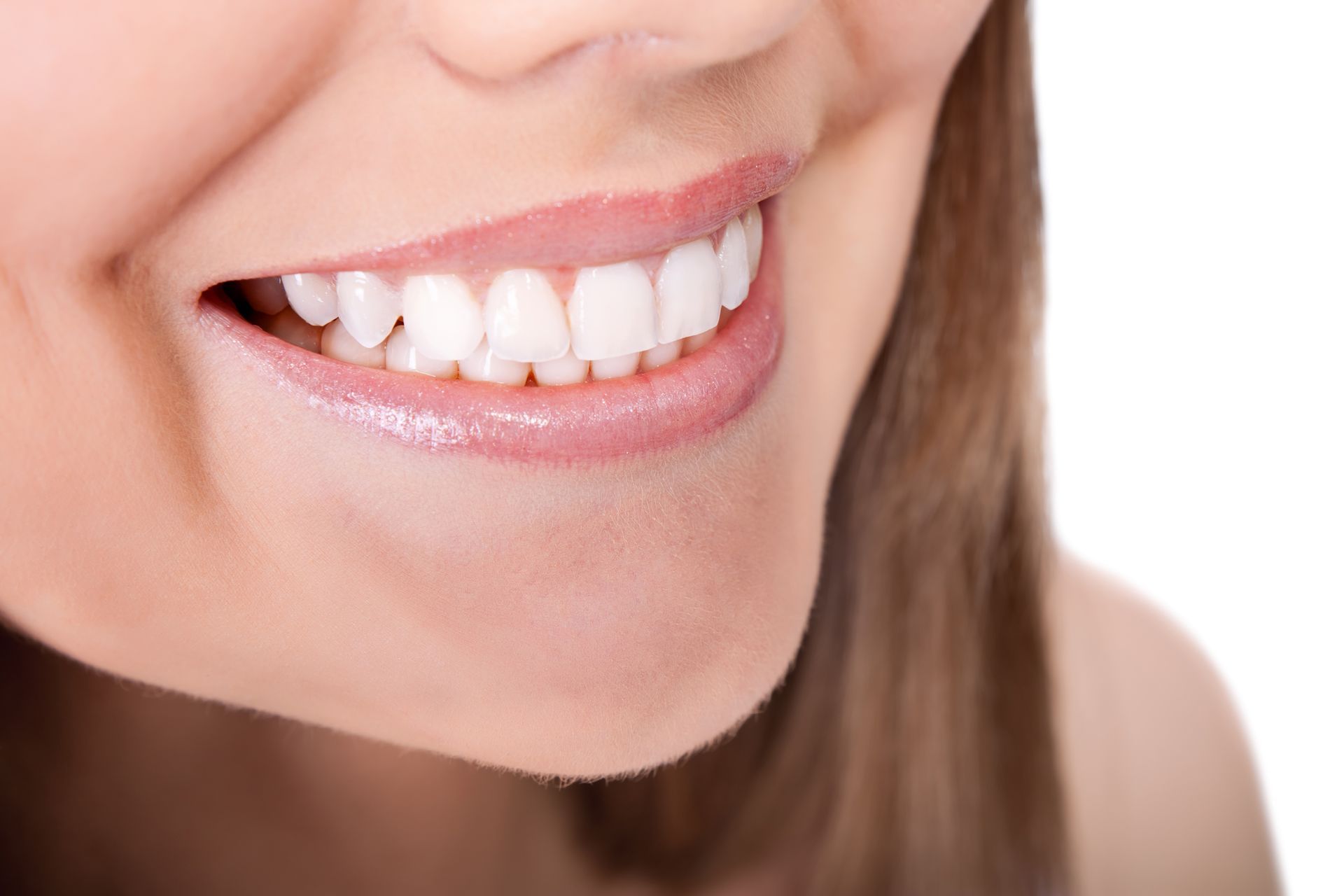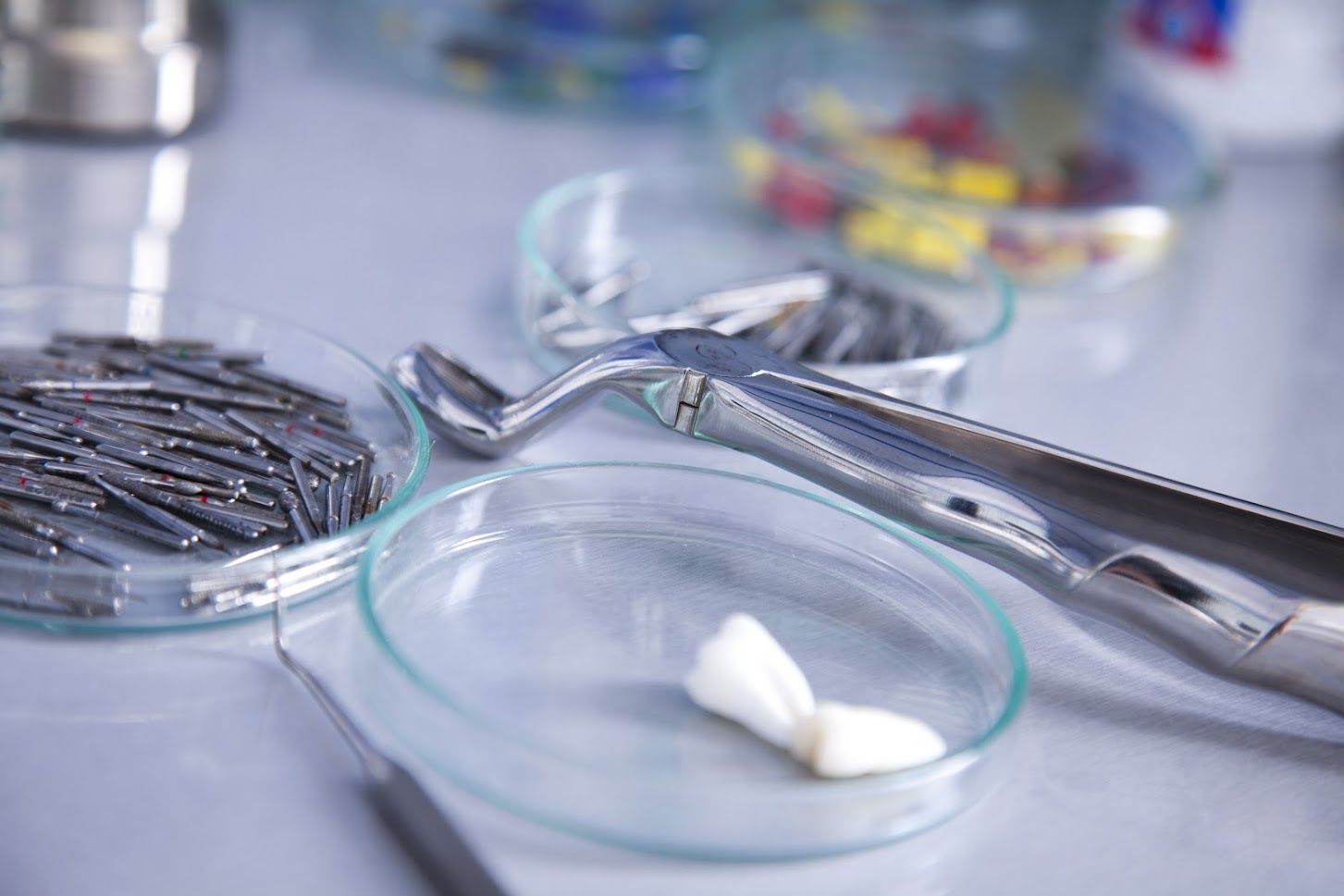(843) 216-0908
Why Replace a Missing Tooth?
The Long-Term Impact of a Single Missing Tooth
Missing teeth or being edentulous can increase your chances of sustaining additional dental issues. Your mouth was intended to function with a complete set of teeth. Each tooth supports the adjoining teeth, and the roots strengthen and stimulate the jawbone and surrounding gum tissue.
Can weaken surrounding teeth : The first thing you notice when you have a missing tooth is the gap in your mouth. When the space remains open, it weakens surrounding teeth. Over time your teeth may shift, leading to jaw misalignments and trouble chewing. During the shift, teeth often move in a slanted direction, further impacting your smile and the ability to address the gap at a later time.
Can lead to gum disease and/or tooth decay in remaining teeth : As teeth move, it becomes harder to clean and maintain the health of your remaining teeth. You can miss certain spots while brushing, and it is difficult to floss teeth next to open spaces. Over time this can increase harmful bacteria in your mouth and lead to infection or damage to the gums and tissue.
Damage to your jawbone : The other issue with your oral health is maintaining the jawbone. The roots of your teeth connect the enamel to the jawbone and keep your teeth in position. The gums protect your teeth and roots and hold them all together.
A missing tooth does not have the enamel tooth or the root. The roots help maintain the structural integrity of your jawbone. A missing tooth can cause the jaw to disintegrate and die where the root was because it is not in place to stimulate the growth of the bone and surrounding tissue. Without proper support, deterioration of the jawbone can affect your facial structure and cause your face to sag and move inward.
Avoid the Risks of Missing Teeth With Dental Implants : Advances in dental implants can now address many different scenarios where one or more missing teeth exist. From replacing a single tooth, to a full mouth of teeth, dental implants offer a permanent solution to restore your smile, deliver lost function and stop the further deterioration of your jawbone and gums. Dental implants are the best solution for tooth loss in most cases and provide a permanent result that can last for decades.
To learn more about dental implants, read the definitive guide to dental implants, Everything You Need to Know About Dental Implants , then schedule a consultation with Dr. Kevin Hogan to see if you are a candidate.
The post Why Replace a Missing Tooth? appeared first on Smiles by Hogan.
CONTACT
Information
Phone: (843) 216-0908
Address: 3405 Salterbeck St. STE 100
Mt. Pleasant, SC 29466
Email: office@smilesbyhogan.com
BUSINESS
Hours
- Monday
- -
- Tuesday
- -
- Wed - Thu
- -
- Friday
- -
- Sat - Sun
- Closed
















